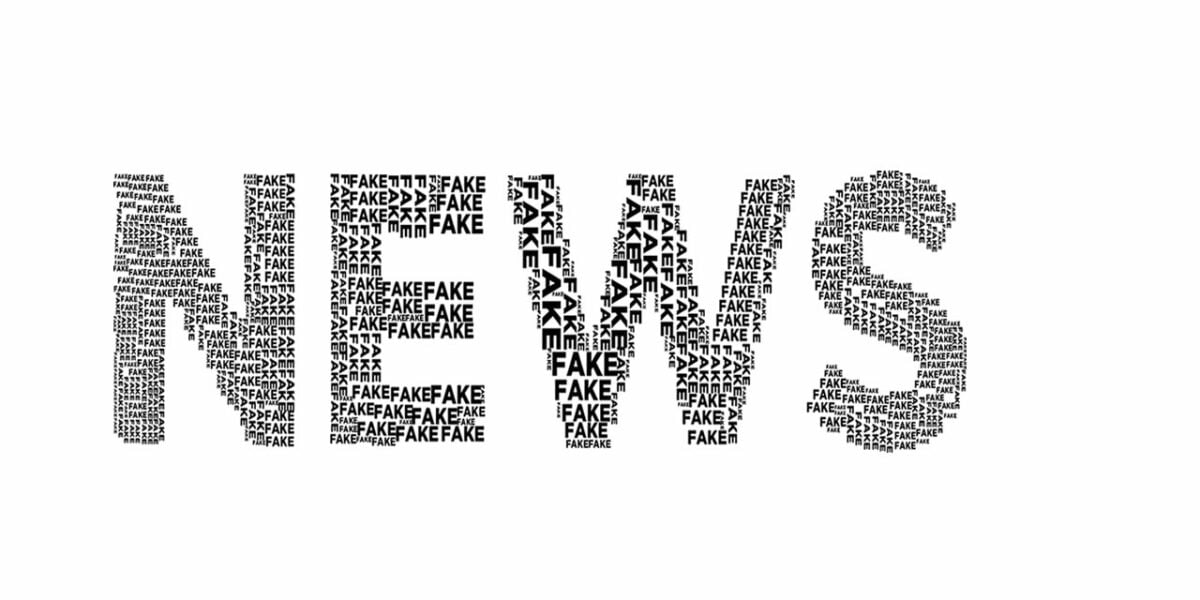Facebook has recently blocked a large number of accounts, groups, pages on Facebook itself and on Instagram. This has been done in the context of a long-running process as the Facebook administration is trying to detect and eliminate targeted classified information activities.
At the heart of all this is the 2016 US presidential election, which was followed by scandalous shocks when there were mounting suspicions that troll factories that were operating from the territory of Russia had been attempting to influence the results of the elections on social networks.
(Wikipedia may not always be a reliable source, but in this case, it links to a huge amount of materials which are very convenient for those looking to study the subject in depth).
From the beginning, Facebook, for obvious reasons, had been revealing and blocking the pages of Russian fake farms. It then went on to other major countries, most notably those in the process of a pre-election campaign.
And now it is already dealing with small countries. The next case was in Georgia, where 39 linked Facebook accounts, 344 pages, 13 groups and 22 Instagram accounts were blocked.
Together, they had an audience of about half a million, with advertising costs of approximately $ 316,000. The Facebook administration considered it to be a focused and organized group that worked for the ruling Georgian Dream party and carried out propaganda work against the opposition as well.
In fact, fake farms that were either owned or sponsored by various governments began to sprout at the end of the 2000s and gained momentum by the beginning of 2010.
At first, this was partly caused, mainly as a result of and in response to rebellions, demonstrations, and so on.
For example, following the clashes over the Gezi Park in Istanbul in 2013, news emerged that Erdogan’s government had set up a multi-faceted army of thousands to oppose the opposition on the web.
In the same year, there is information about the creation of a troll factory with a serious foundation in the RF, Olgino.
For the last five years, the fake war has become a “normal” thing all over the world. Budgets have increased, and the impact has increased.
For example, the blocked Ukrainian fake’s advertising budget in September on Facebook was $1.6 million. And let’s keep in mind that more often than not the discovered groups are only a small part of the real army.
In addition, the same fake armies also operate on Twitter, YouTube and other possible platforms. So the part that is revealed is only a small part of the real disaster.
And the disaster is that the internet is becoming militarized by governments.
Hundreds of fake factories operate online, which flood the information field with fake or manipulative material, attack opponents in comments and post mass protests on social networks, seeking to block those who hold on to opposing opinions.
Political and public figures, human rights activists, environmentalists, bloggers and others are targeted.
In almost all countries, repressive authorities have come to the same conclusion: Misinformation and propaganda work better than censorship and blocking.
Armenia is a little different in this respect. Here, of course, oppositionists often accuse the authorities of using fakes.
But in our country it can also be seen with the naked eye that there are other fake farms operating, leading to the previous government.
Moreover, it is noticeable that there are several centers.
Another circumstance: Most likely, there are more than just political fake factories in Armenia. From various impulses, it can be assumed that there are also centers of economic trolls that are likely to act, for example, against environmentalists.
In conclusion, I would like to appeal to all normal users: Do not feed the trolls in the new year, do not encourage their work with your own comments and shares.
Samvel Martirosyan







